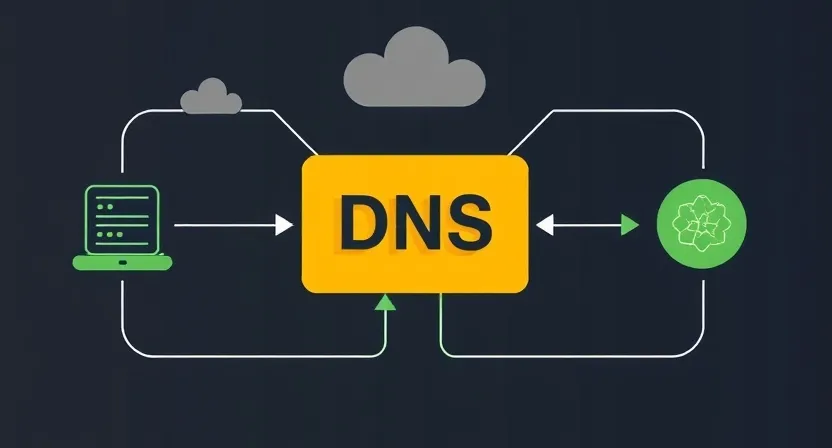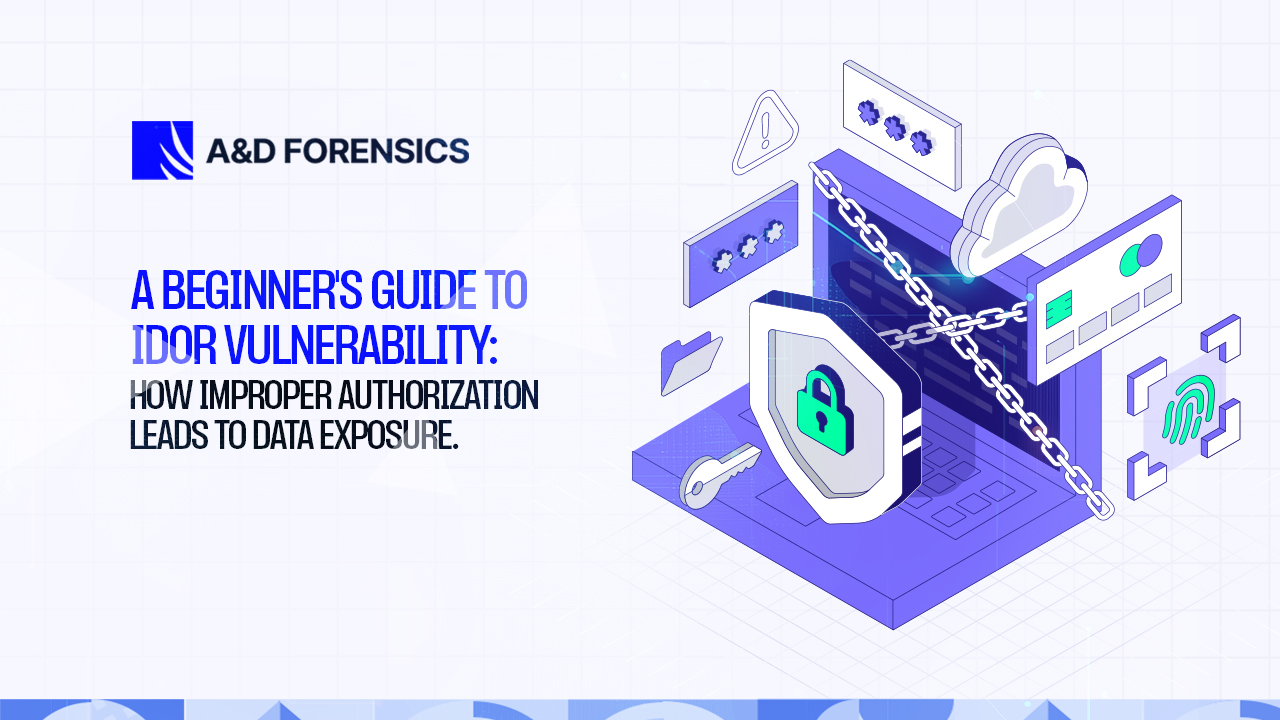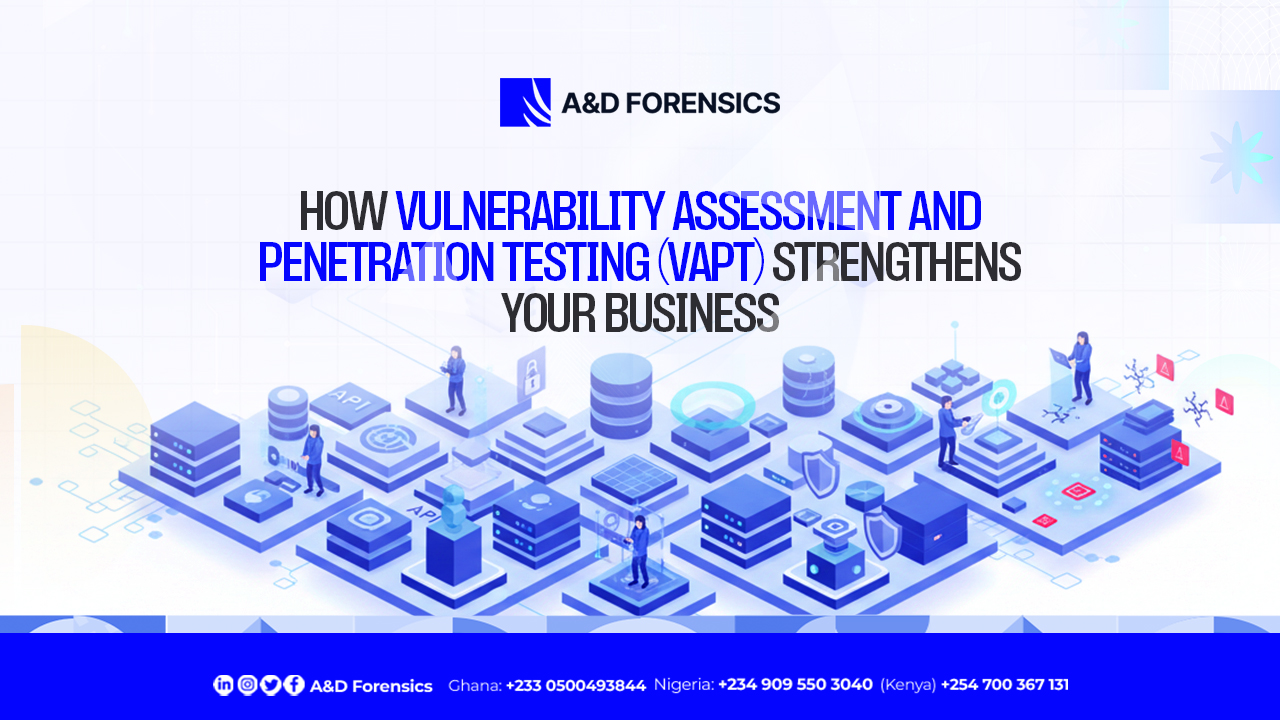DNS (Domain Name Server) is essentially the internet’s phone book. When you enter a web address into your browser, this servers translate that domain name into an IP address (like 192.0.2.1), allowing your device to locate and connect to the desired web server. Although that’s over simplification, lets take a look at multiple process involved.

The Domain Name Servers process involves multiple types of servers:Recursive DNS Resolver: This initiates the DNS lookup process on behalf of the client.
Root Nameserver: The initial step in translating a domain name into an IP address.
TLD (Top Level Domain) Nameserver: Top-Level Domain servers that direct queries to the domain’s authoritative name servers.
Authoritative Domain Name Server: This server provides the IP address associated with the requested domain.
For example if you type https://www.adforensics.com.ng in your browser
1. Your device queries the recursive resolver, who in turn, query other servers in other to satisfy client’s requests.
2. The resolver checks the root server, which directs it to the TLD server for “.ng” domains.
3. The TLD server then points the query to the authoritative Domain Name server for “ www.adforensics.com.ng,” which returns the IP address. This is then returned to recursive resolver that made the request in the first place.
Common Domain Name Server Vulnerabilities and Attacks
Given its critical role, Domain Name Server is a frequent target for attackers, with numerous vulnerabilities that can be exploited, usually resulting in web application hijack:
1. Domain Name Server Cache Poisoning: Cache poisoning, or DNS spoofing, involves an attacker injecting false responses into the resolver’s cache, causing users to be redirected to malicious sites. This exploit takes advantage of vulnerabilities in how this resolvers handle cached responses. For example, an attacker might redirect “example.com” to a phishing site with a similar look to steal credentials or distribute malware.
2. DDoS Attacks (Distributed Denial of Service): In DDoS attacks, attackers overwhelm domain name servers with traffic, causing legitimate requests to be delayed or denied. This can lead to outages for entire domains, impacting businesses or even governments. For example, in 2016, a massive DDoS attack targeted DNS provider Dyn, affecting major sites like Twitter, Netflix, and Reddit.
3. DNS Tunneling: Domain Name Server tunneling involves encoding data in DNS queries and responses, allowing attackers to use it as a covert communication channel. This technique is often used for data exfiltration, bypassing firewalls and other network security measures. Attackers may create subdomains with encoded data and retrieve it through a compromised Domain Name server to leak information without detection.
4. Amplification Attacks: DNS amplification attacks are a type of DDoS attack where an attacker sends a small query to the server with a spoofed IP address (the victim’s IP), prompting the server to return a large response to the victim. This amplifies traffic toward the victim, overwhelming their server. Amplification attacks leverage Domain Name servers’ UDP-based communication, as UDP doesn’t verify IP addresses, allowing attackers to redirect responses to unsuspecting targets.
Domain Hijacking: Domain hijacking occurs when attackers take control of a domain’s DNS settings, redirecting it to malicious servers. This typically happens due to social engineering, credential theft, or exploiting weak authentication methods. For instance, in 2013, the New York Times’ domain was hijacked, redirecting visitors to a hacker-controlled server.
Best Practices for DNS Security
To protect Domain Name Server from these attacks, organizations can implement a range of security practices:
1. DNSSEC (Domain Name System Security Extensions)
DNSSEC adds a layer of security to DNS queries by enabling the use of digital signatures, which verify the authenticity of responses. By preventing attackers from forging Domain Name Server responses, DNSSEC defends against cache poisoning. However, DNSSEC must be configured correctly, as any misconfigurations can lead to accessibility issues.
2. Implement Rate Limiting
To mitigate DDoS and amplification attacks, rate limiting controls the number of requests a DNS server processes within a set timeframe. This practice prevents servers from being overwhelmed by high traffic volumes, ensuring that legitimate queries are served first. Many Domain Name Server providers offer built-in rate-limiting features.
3. Use of DNS Filtering and Threat Intelligence
Domain Name Server filtering blocks known malicious domains, preventing users from accessing dangerous sites. Threat intelligence solutions integrate databases of flagged domains into DNS filters, enhancing real-time protection. For example, a Domain Name Sever filter might block a query for “phishingsite.com” based on its known history of phishing activity.
4. Secure Configurations and Monitoring
Ensuring Domain Name Servers are configured securely is crucial for preventing unauthorized access. Secure configurations include restricting zone transfers (the copying of DNS data between servers), implementing access controls, and maintaining up-to-date patches. Continuous monitoring of Domain Name Server traffic helps identify unusual activity, such as sudden spikes that could indicate a DDoS attempt or DNS tunneling.
5. Implement Multi-Factor Authentication (MFA)
For any system managing Domain Name Server settings, including it’s providers and registrars, enforcing multi-factor authentication (MFA) significantly reduces the likelihood of domain hijacking due to credential theft. Even if an attacker compromises one factor (like a password), MFA blocks access without the second factor, adding a vital layer of protection.
6. Regular Audits and Testing
Regular security audits and penetration testing can help identify weaknesses in DNS configurations. Testing can uncover vulnerabilities such as open resolvers or misconfigured permissions, which could otherwise be exploited. Audits and testing should be part of a comprehensive cybersecurity strategy to keep DNS security in check. Check out A&D Forensics Cyber security Service here
The Dyn DDoS Attack (2016) Case Study
One of the most impactful DNS-based attacks was the 2016 DDoS attack on Dyn, a major Domain Name Server provider. This attack involved a large botnet powered by the Mirai malware, which infected IoT devices to flood Dyn’s servers with traffic. The resulting DDoS attack brought down popular sites like Twitter, Netflix, and Reddit for hours. This incident highlighted the importance of securing Domain Name Server infrastructure, especially as IoT devices grow more common and often lack robust security features.
Conclusion
Domain Name Server’s is indispensable for navigating the internet, but its vulnerabilities make it a frequent target for cyber attacks. By understanding threats like cache poisoning, organizations can implement security measures to protect their infrastructure. With practices like DNSSEC, rate limiting, and secure configurations, organizations can safeguard their online assets, ensuring Domain Name Servers remains a reliable and secure internet component.





